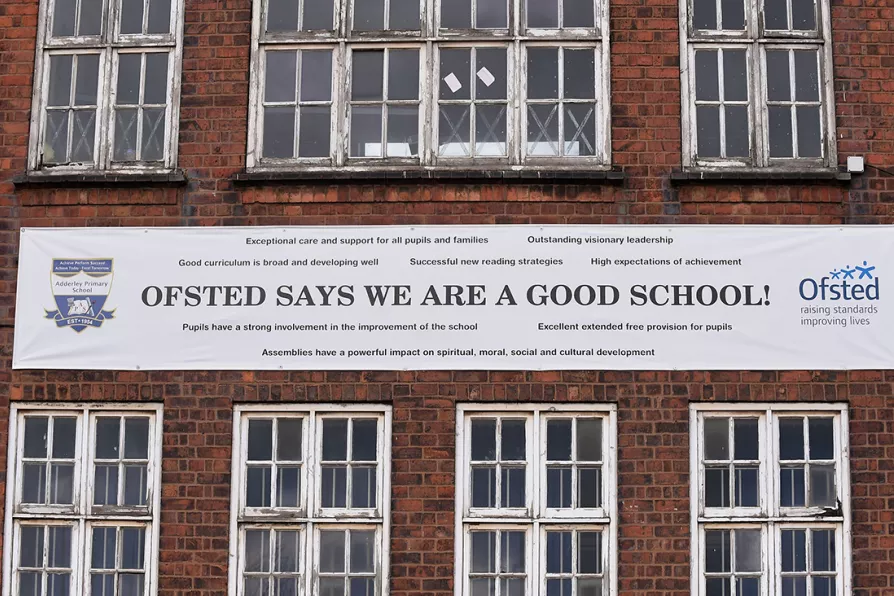Ofsted ‘needs major reforms,’ teaching assistants tell GMB union conference

 An Ofsted banner at Adderley Primary School in Birmingham
An Ofsted banner at Adderley Primary School in Birmingham
OFSTED “does not work with schools to make improvements and needs major reforms,” teaching assistants represented by the GMB union stressed today.
A whopping 80 per cent of the workforce surveyed by the general union warned that England’s widely criticised schools inspectorate “does not have a good impact on schools, putting them under too much pressure.”
The public body is finding itself increasingly under the pump following the death of primary school headteacher Ruth Perry in January.
Similar stories














